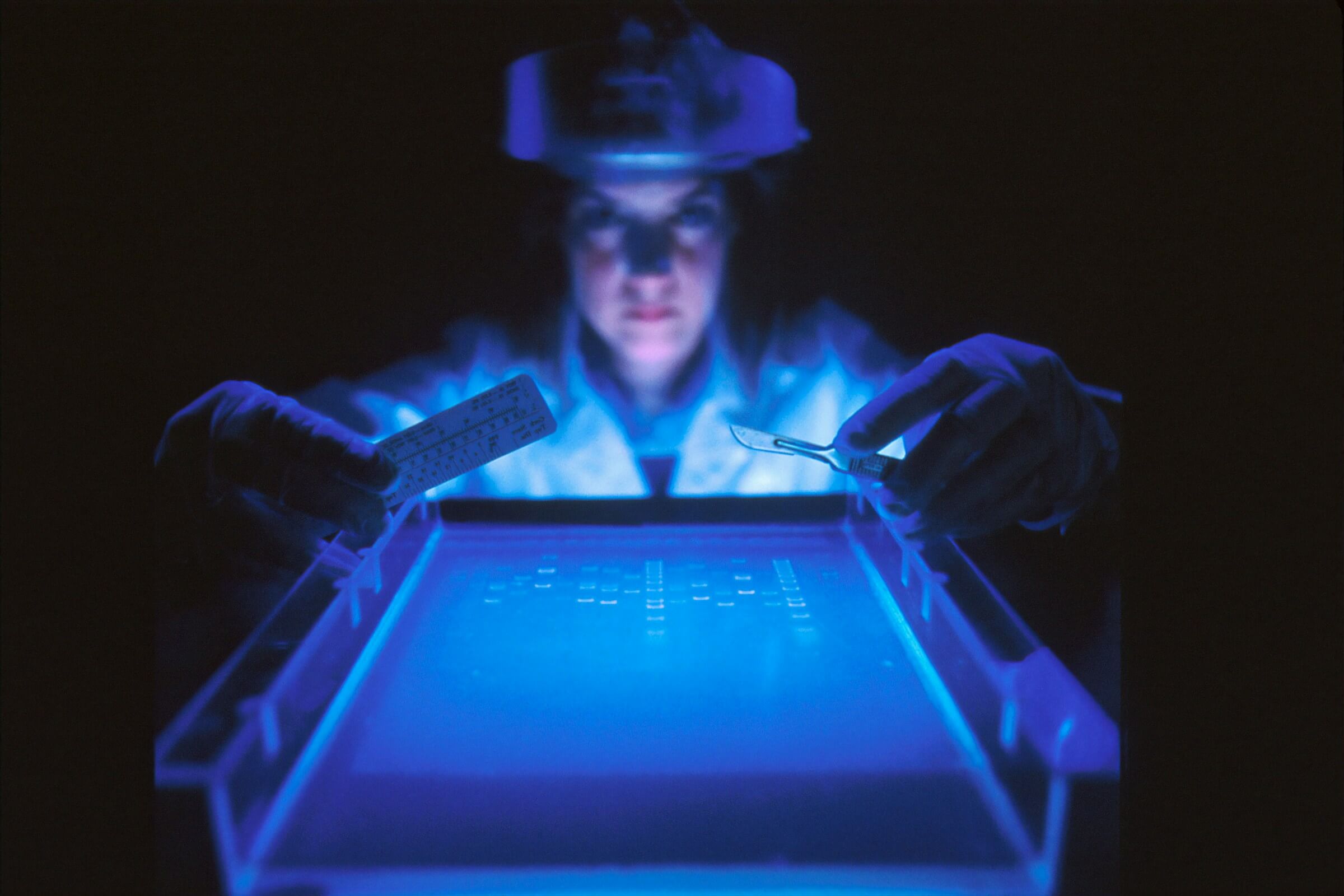
The Skills Gap in Medical Technology Jobs: What Universities Aren’t Teaching
Medical technology — also known as medtech — is transforming healthcare. Innovations in diagnostics, imaging, wearable sensors, robotics, telehealth, digital therapeutics and advanced prosthetics are improving outcomes and saving lives. As the UK’s National Health Service (NHS) modernises and a thriving life sciences sector expands, demand for medtech professionals is growing rapidly. Yet employers across the UK consistently report a frustrating problem: many graduates are not ready for real medtech jobs. Despite strong academic credentials, candidates often lack the practical, interdisciplinary skills needed to contribute effectively from day one. This is not a question of effort or intelligence. It is a widening skills gap between university education and the applied demands of medical technology roles. This article explores that gap in depth — what universities are teaching well, where programmes fall short, why the gap persists, what employers actually want, and how jobseekers can bridge the divide to build thriving careers in medical technology.











